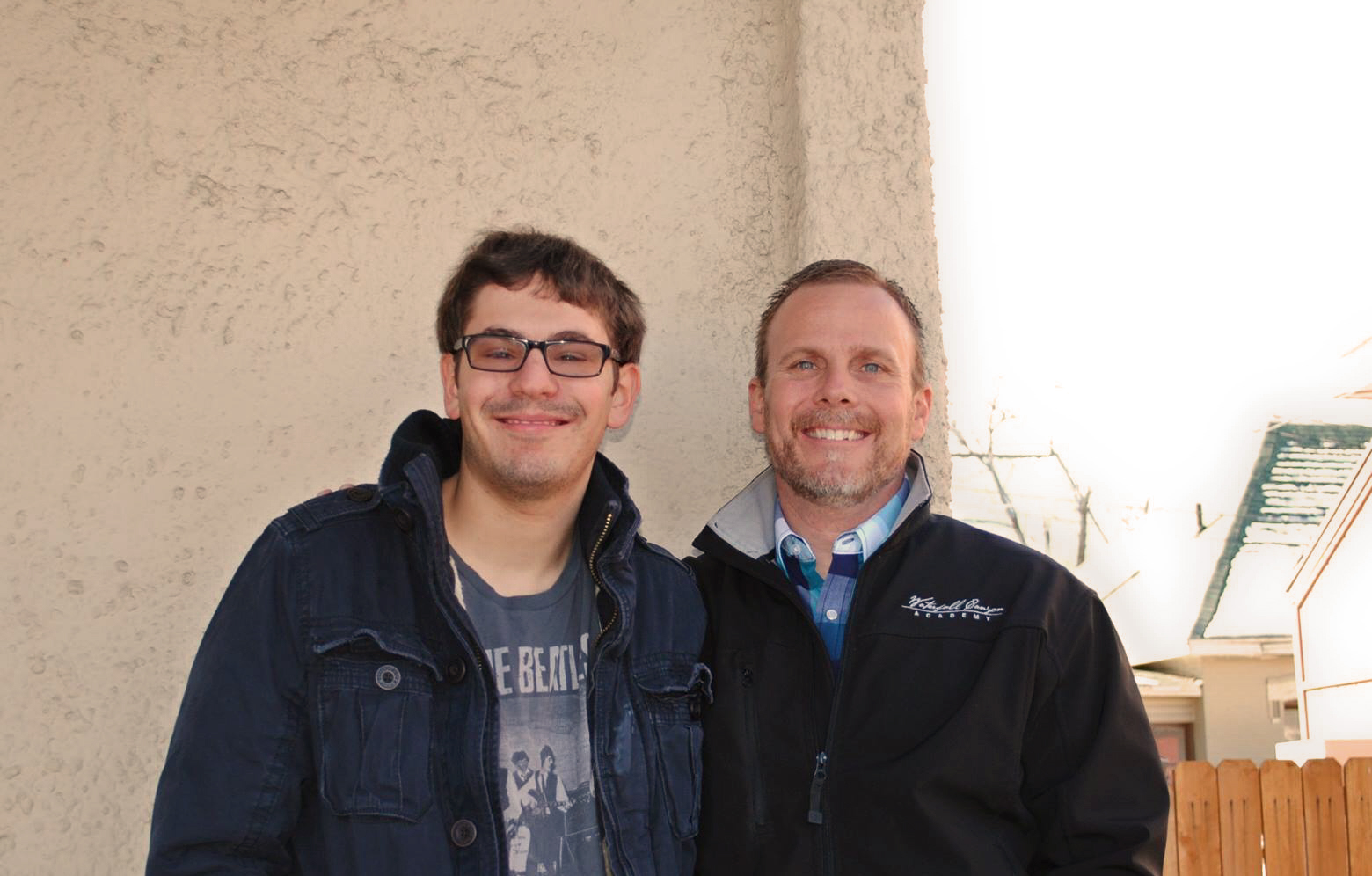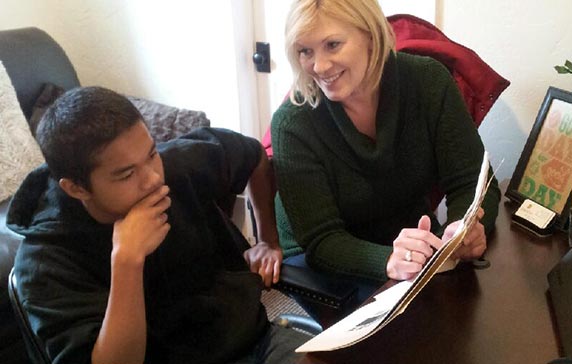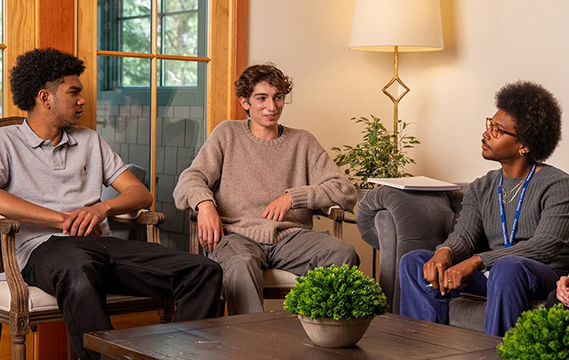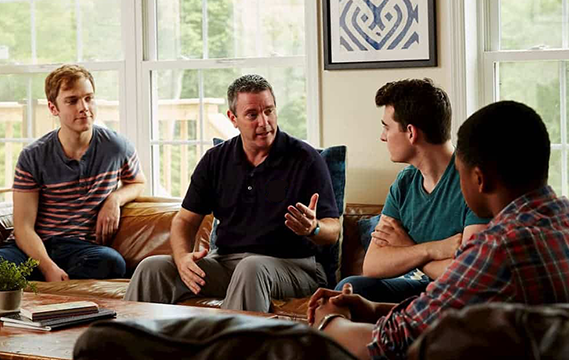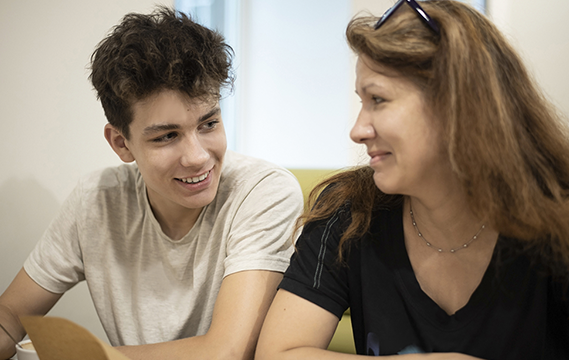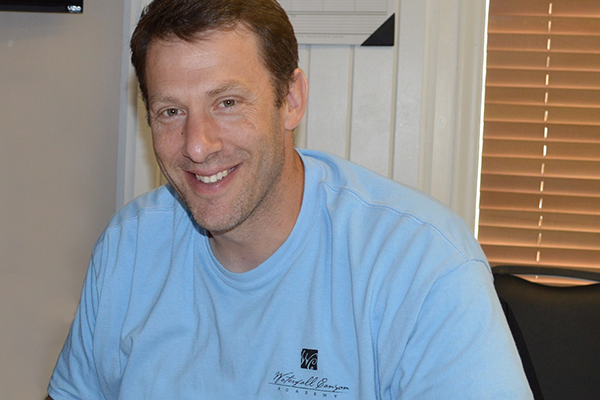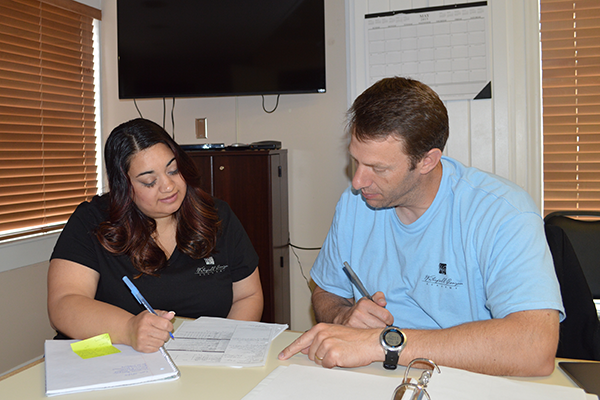Everything we do focuses on building relationships with our students so they feel safe to make changes, build healthy social skills, and abandon unhealthy coping mechanisms and build new ones. We know if individuals do not feel safe in their environment and feel a sense of love and belonging they will not be able to make changes within themselves and build their sense of worth. This is why the therapeutic relationship is so important to all of us at Waterfall Canyon Academy.
Set Up An Assessment Today
Find out which program best suits the needs for you or a loved one.
Call Bree Green @ 801-645-2568


